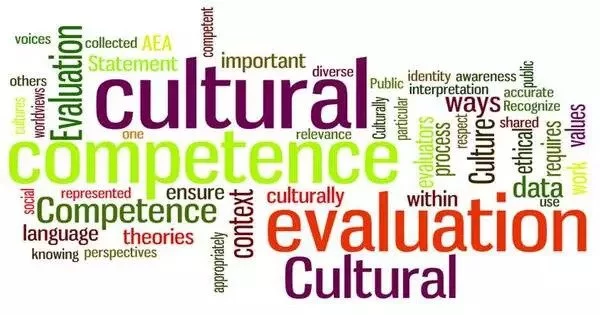Cultural competence, also known as intercultural competence, refers to a set of cognitive, affective, behavioral, and linguistic abilities that facilitate effective and appropriate contact with persons from various cultures. It refers to an individual’s, organization’s, or institution’s capacity to connect effectively with people from many cultural backgrounds. Intercultural or cross-cultural education are phrases used to describe cultural competence training.
It entails a collection of abilities, attitudes, and behaviors that enable people to comprehend, respect, and communicate with people from diverse cultural backgrounds, values, beliefs, and traditions. Cultural competency is essential in a wide range of settings, including healthcare, education, business, and social services, where interactions with varied people are widespread.
Effective intercultural communication refers to behaviors that result in the achievement of the interaction’s targeted goals and the satisfaction of all parties involved in the circumstance. Appropriate intercultural communication comprises behaviors that are appropriate for a certain culture’s expectations, the peculiarities of the scenario, and the level of interaction between the persons participating in the situation.
Here are some key components of cultural competence:
- Cultural Awareness: Recognizing and understanding one’s own cultural prejudices, preconceptions, and stereotypes is required. It is critical to recognize the impact of one’s own culture on one’s views and behaviour.
- Cultural Knowledge: Cultural competence necessitates a thorough awareness of various cultural groups’ history, practices, traditions, and worldviews. This understanding assists individuals in avoiding forming assumptions or broad generalizations about people from other cultures.
- Cultural Skills: It is critical to learn how to interact successfully and respectfully with people from various backgrounds. Active listening, successful cross-cultural communication, and the ability to modify communication methods as needed are all part of this.
- Cultural Respect: Respecting the cultural values, beliefs, and practices of others is fundamental to cultural competence. This means not imposing one’s own cultural norms on others and valuing diversity.
- Cultural Humility: Cultural humility involves recognizing that one can never fully know or understand all aspects of another person’s culture. It’s an ongoing commitment to self-reflection and a willingness to learn from others.
- Cultural Sensitivity: Being sensitive to the needs and preferences of individuals from different cultures is important. This includes being aware of potential cultural taboos and being respectful of personal boundaries.
- Avoiding Stereotyping: Cultural competency necessitates the avoidance of preconceptions and assumptions about persons from various cultural origins. Each individual is unique, and cultural stereotypes can lead to misunderstandings and discrimination.
Cultural competency does not have a one-size-fits-all definition. It depends on the cultural setting and the persons or groups involved. It is a continuous process of learning and adapting in order to better serve the needs of varied populations while also promoting inclusivity and equity. Cultural competency is regarded as an essential component in providing high-quality and equitable services to all individuals, regardless of cultural background, in various professions, including healthcare and education.
















